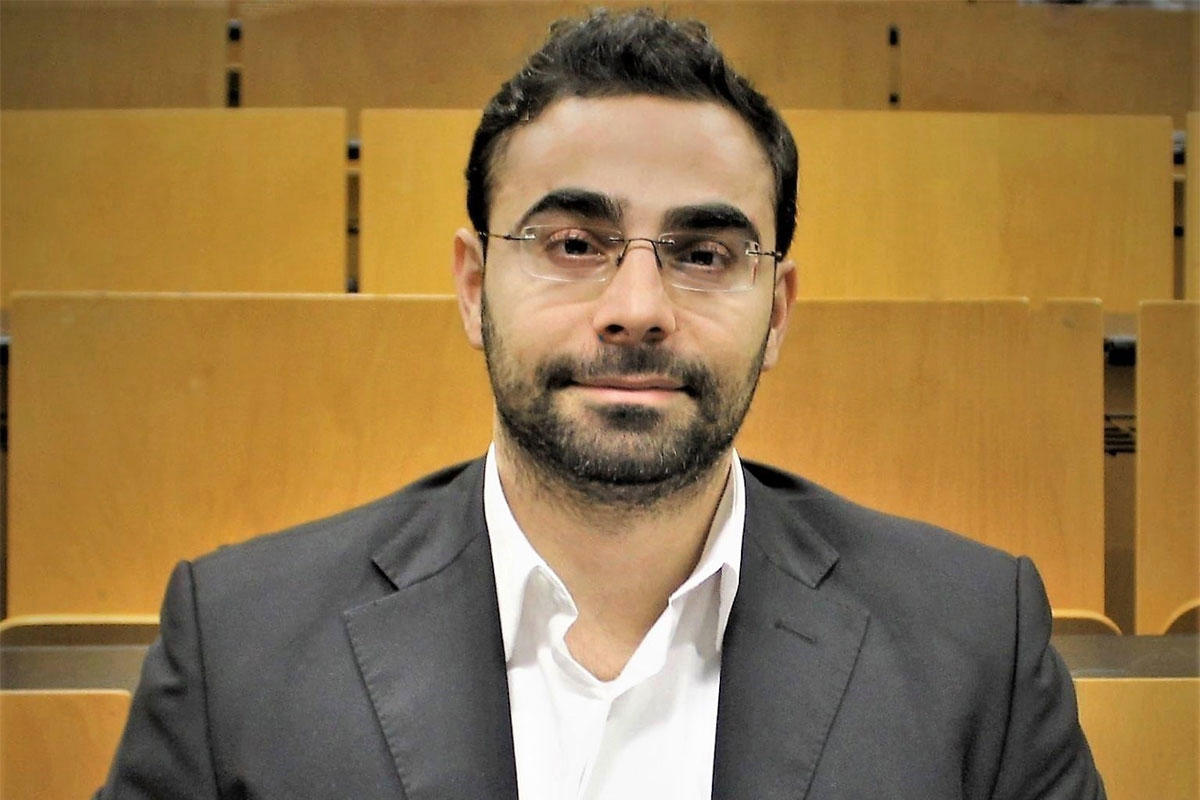Research Highlight: People Trust Feelings Over Cold Hard Facts in Times of Crisis
AKSOB faculty’s research explains how and why people trust feelings over facts when dealing with highly threatening issues.
The quick upsurge of the COVID-19 pandemic worldwide has proved what one study recently revealed about the way people react to a crisis: feelings over facts.
In his co-authored study, published in the Organizational Behavior and Human Decision Processes, Assistant Professor of Marketing at the Adnan Kassar School of Business (AKSOB) Omar Itani examined how and why people tend to base decisions on anecdotal information rather than facts when feeling anxious and vulnerable.
Using meta-analytic techniques, the research explored the impact of evidence type on persuasion in 61 studies with 160 samples and 32,321 observations.
“Our study was conducted to resolve the mixed findings about which type of evidence, statistical versus anecdotal, is more persuasive,” and the implications these have for business and industry, Dr. Itani said, as the findings would help “guide decision-making processes in the current health and economic crises that are intensifying anxiety and fear for so many individuals.”
Both substantial, anecdotal evidence includes narratives, case histories, personal stories, and testimonies, whereas statistical evidence is broadly defined as empirically quantifiable information about objects, persons, concepts, or phenomena.
Although the study found that statistical evidence exerts a greater impact on persuasion in general, “an individual is susceptible to anecdotal bias when an issue pertains to oneself, involves a severe threat, and relates to health, such as the present medical emergency caused by COVID-19,” noted Dr. Itani.
Personal, health, and severe threat issues enhance the visceral congruency effect “where an emotionally rich decision environment induces a feelings-based processing style favoring congruent anecdotal information more than statistical information,” he said.
The research also suggests that as emotions and anxiety run high in health emergencies, individuals tend to rely on personal anecdotes rather than fact-based information when making decisions.
One example, Dr. Itani explained, is taking no notice of the social distancing proposed by the World Health Organization (WHO) when it came to panic-buying for food and other products, despite the daily statistical information and future projected numbers of serious cases.
“It is surprising how the alarming statistics on coronavirus cases, total deaths, and projected numbers of serious cases are dismissed by many individuals in their decision-making,” he said.
Anecdotal evidence therefore becomes more persuasive when emotional engagement is high, whereas statistical evidence carries more weight when emotional engagement is relatively low.
“Personal, health, and severe threat issues do heighten emotional engagement, making decision makers more susceptible to anecdotal bias and irrational decisions,” Dr. Itani concluded. With this in mind, businesses need to “design appropriate communication plans and craft more effective messages in times of crisis.”
